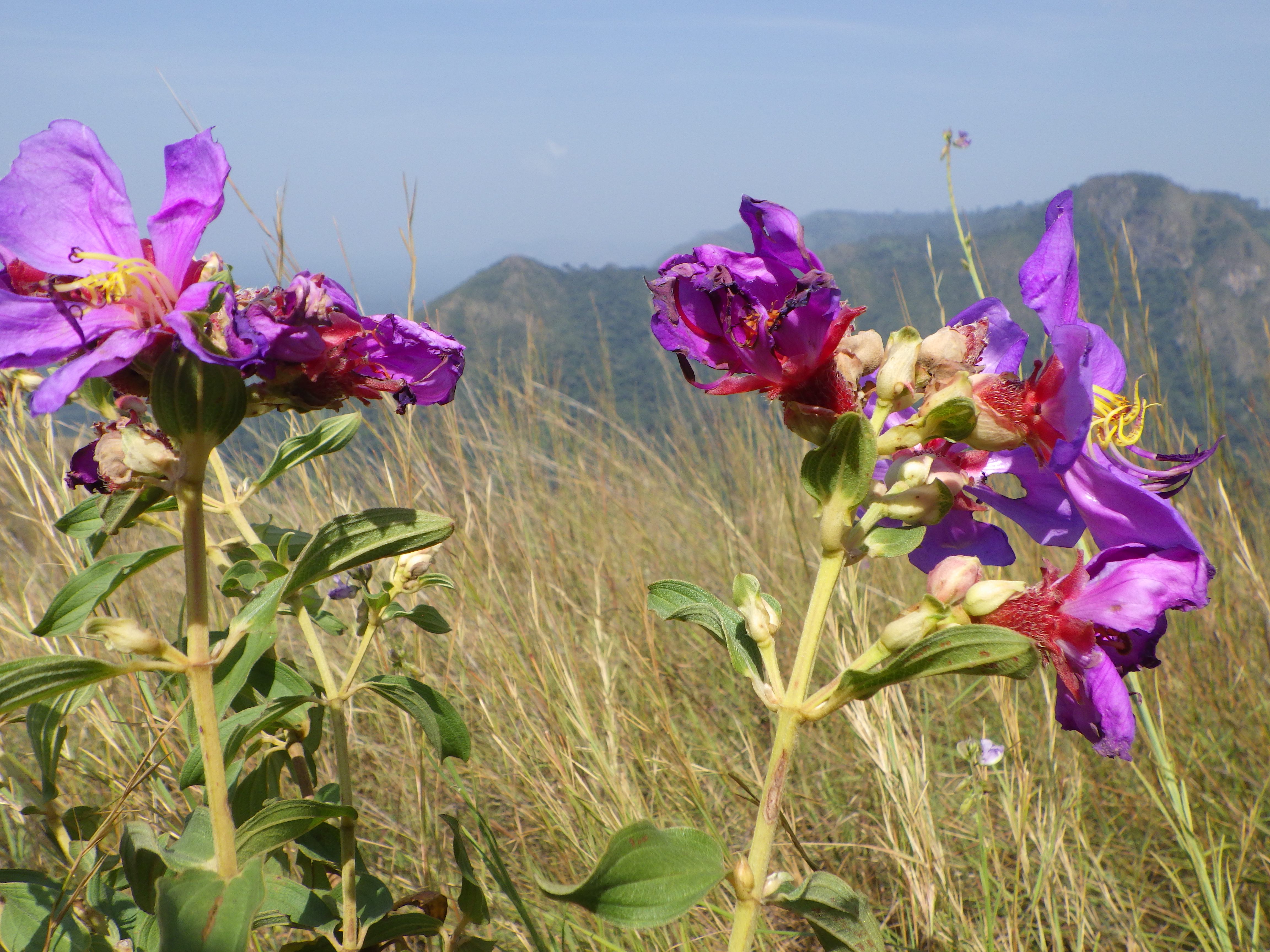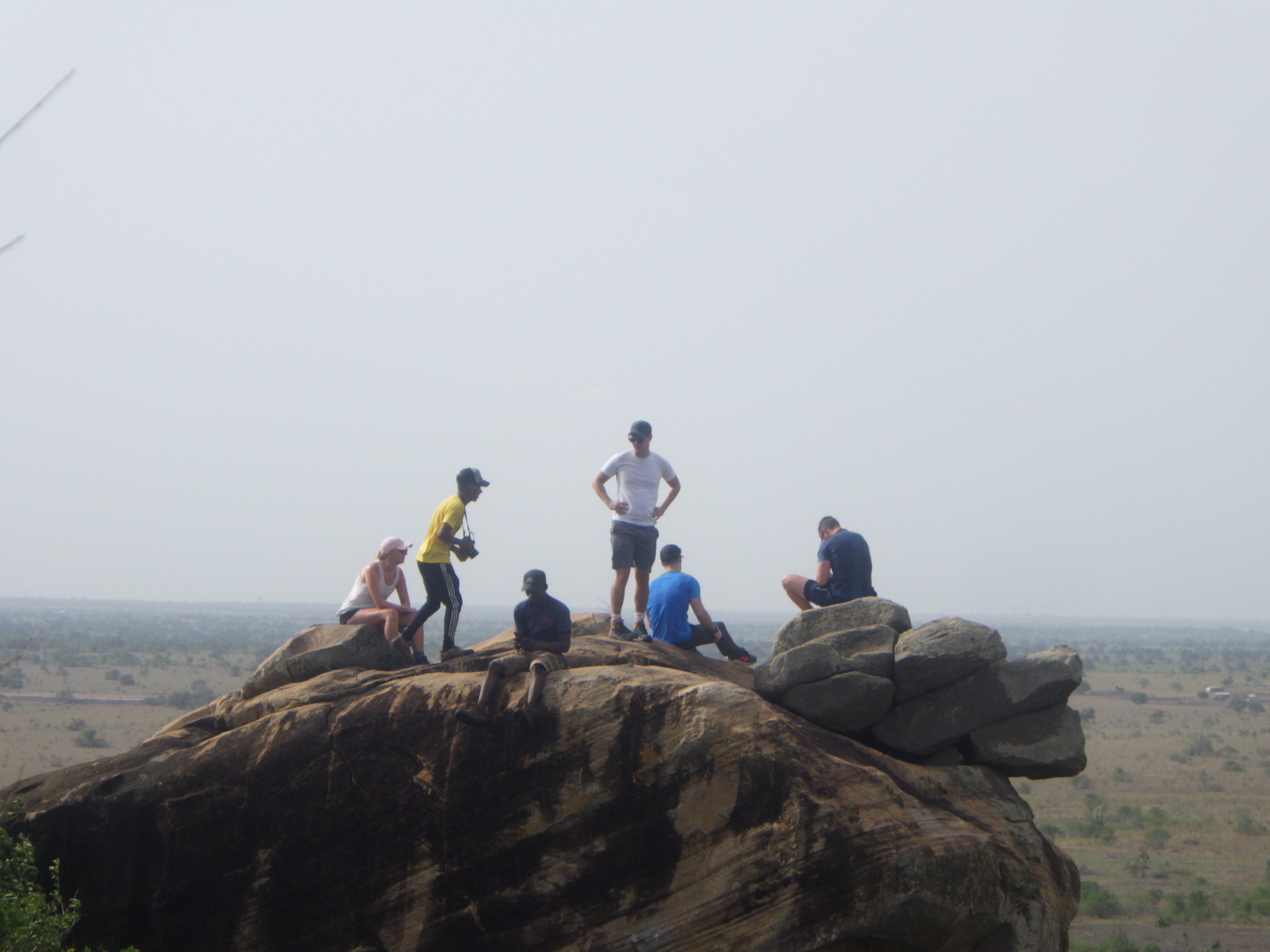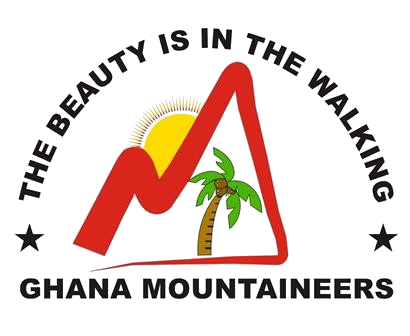- Home /
- Rules of Conduct /
No unnecessary risks
Our activities are often practiced in situations where there is a risk of accident or injury and where outside help is not readily available. While everyone participates in our activities at their own risk and everyone is responsible for their own safety, we take all precautions to reduce all risks to a minimum.
Group spirit
We start as a group, move as a group and return as a group. Members of the group must be prepared to make compromises in order to balance the needs and abilities of all members of the group. Our activities are most successful when participants support and encourage one another.
Turning around is no failure
We are prepared to turn around or shorten the activity when environmental conditions or other factors dictate it.
Community
We are all part of the same community. Every person we meet during our activities deserves an equal measure of respect. Even in remote places and stressful situations we treat others as we want to be treated ourselves.
We are guests
Wherever we go during our activities, we are guests of the communities who own the land and live in the area. We conduct ourselves politely and with restraint. We show consideration to the people and their culture. We respect local customs and ethics and never drill holes or place bolts where there is a traditional ethic against it. We will respect holy mountains and other sacred places and always look for ways to benefit and assist local economies and people.
Guide responsibilities
Our guides are responsible for the safe return of all members of a group. They will base their decisions on the capabilities of the weakest member of a group while respecting the rights and freedoms of other participants. A guide can make his/her decision solely based on his skills and experience and /or discussions with the participants and their combined knowledge and skills. However, a guide’s decision is final and must be followed.
EMERGENCIES
All participants of our activities must clearly understand the risks and hazards that are involved in hiking and climbing in Ghana and in general.
On each activity, there is at least one guide trained in outdoor first aid who carries a first aid kit and the necessary equipment to transport injured persons to the nearest point of evacuation. Participants with known medical pre-conditions must inform the guide of the condition and carry the appropriate medication. The guide must be shown the medication and where it is carried.
In case of an emergency of our group or someone else, we are ready to help and we are ready to sacrifice our objectives to assist others in distress.
Access and Conservation
We believe that freedom of access to mountains and cliffs in a responsible manner is a fundamental right. We should always practice our activities in an environmentally sensitive way and be proactive in preserving nature and the landscape. We should always respect access restrictions and regulations agreed upon by climbers with nature conservation organizations and authorities.
STYLE
The quality of the experience and how we solve a problem are more important than whether we succeed. We should always strive to leave no trace on the rock face or the mountainside.

6 Rules of Mountaineering
( Jim Huebner )
- Climb with passion.
- No guts, no glory.
- Expect dead ends.
- Never turn your back on your partner.
- Never look where you don’t want to go.
- There’s always room on the rope for a person with honor.

Climbing Code
- Leave the trip itinerary with a responsible person.
- Carry the necessary clothing, food, and equipment.
- A climbing party of three is the minimum unless adequate prearranged support is available.
On glaciers, a minimum of two rope teams is recommended. - Rope up on all exposed places and for all glacier travel. Anchor all belays.
- Keep the party together and obey the leader or majority rule.
- Never climb beyond your ability and knowledge.
- Never let judgment be overruled by desire when choosing the route or deciding when to turn back.
- Follow the precepts of sound mountaineering as set forth in books of recognized merit.
- Behave at all times in a manner that reflects favorably upon mountaineering, including adherence to “Leave no trace” principles.
( from Freedom of the Hills, THE MOUNTAINEERS BOOKS )

